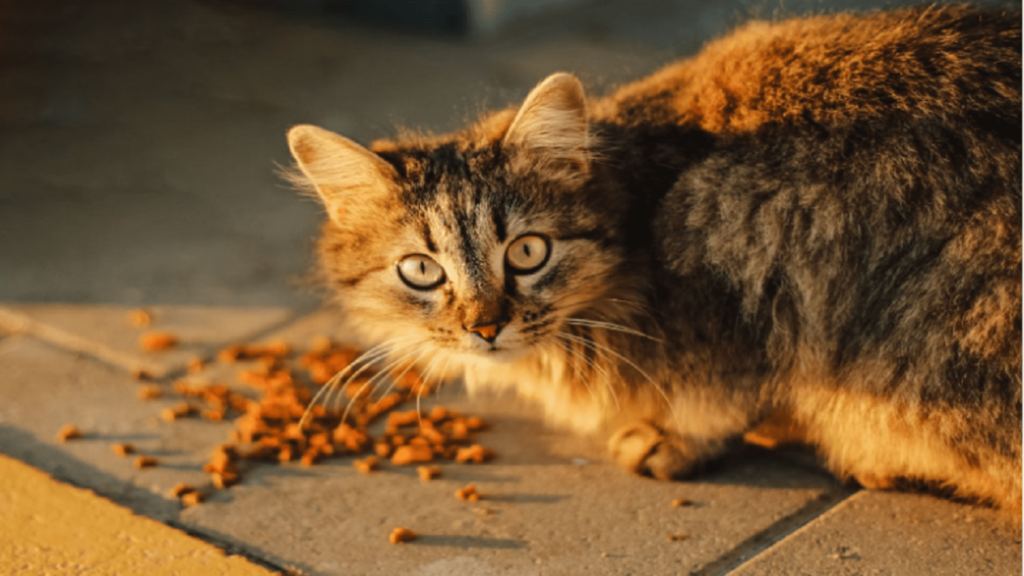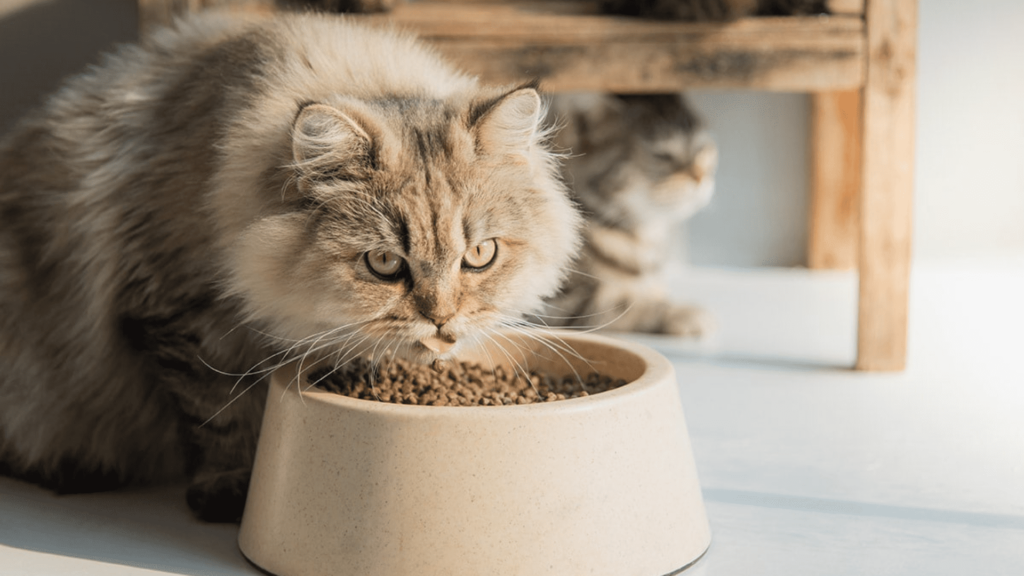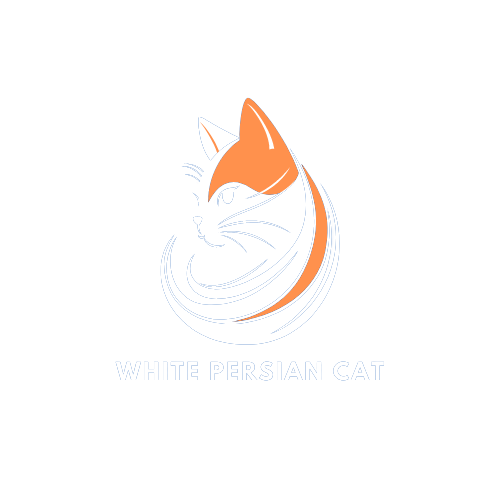Persian cats are renowned for their long, luxurious coats and sweet, affectionate personalities. As devoted pet owners, it’s essential to ensure that these beautiful felines receive the best care, including providing them with a balanced and nutritious diet. In this article, we’ll explore the ins and outs of choosing the best cat food for Persian cats to keep them healthy and happy.
Table of Contents
Best Cat Food for Persian Cats
| Category | Brand | Product | Key Features |
|---|---|---|---|
| Fresh Food | Smalls | Human-Grade Fresh Cat Food Subscription | High protein, moisture content, human-grade ingredients |
| Dry Food (Budget) | Iams | ProActive Health Indoor Dry Cat Food | Affordable, good for less active cats |
| Dry Food (Breed Specific) | Royal Canin | Persian Dry Cat Food | Formulated for Persian’s needs, supports healthy skin & coat |
| Canned Food (Pate) | Wellness Complete Health | Pate Canned Cat Food | High moisture content, variety of protein options |
| Canned Food (Breed Specific) | Royal Canin | Persian Adult Canned Food | Tailored for Persian’s facial features, supports healthy skin & coat |
Nutritional Needs of Persian Cats
Persian cats have unique dietary requirements compared to other breeds. Due to their long fur and brachycephalic (short-nosed) faces, they may require specialized nutrition to maintain their health. Adequate protein and fat content are crucial for supporting their energy levels and maintaining a healthy coat. Best Cat Food for Persian Cats.
Wet vs. Dry Food
When selecting cat food for Persian cats, pet owners often debate between wet and dry options. Wet food provides hydration and can be easier for some cats to digest, while dry food offers convenience and may help maintain dental health. Considering the specific needs of Persian cats is essential when deciding which type of food to feed them. Best Cat Food for Persian Cats.

Ingredients to Look For Cat Food for Persian Cats
Best Cat Food for Persian Cats. When evaluating cat food options, it’s essential to look for high-quality ingredients that provide essential nutrients. Taurine, omega-3 fatty acids, and vitamins are particularly important for Persian cats’ overall health and well-being. Additionally, avoiding common allergens and fillers can help prevent digestive issues and support optimal health.
Top Brands for Persian Cats
Several cat food brands offer formulations tailored to meet the nutritional needs of Persian cats. When choosing a brand, look for ones that prioritize quality ingredients and offer specific formulas designed for long-haired breeds. Reading reviews and consulting with your veterinarian can help you select the best option for your furry friend.
Homemade Cat Food vs. Commercial Cat Food
Some pet owners prefer to prepare homemade meals for their cats to ensure quality and control over ingredients. While homemade food can be beneficial, it’s essential to carefully balance the diet to meet all of your cat’s nutritional needs. Commercial cat food, on the other hand, offers convenience and often undergoes rigorous testing to ensure nutritional adequacy. Best Cat Food for Persian Cats.
Special Considerations for Persian Cats
In addition to their unique dietary needs, Persian cats may require special considerations to maintain their health. Dental-friendly food can help prevent tartar buildup and gum disease, while hairball control formulas can reduce the risk of hairballs, a common issue in long-haired breeds like Persians.

Feeding Schedule and Portions
Establishing a regular feeding schedule and monitoring portion sizes is crucial for maintaining your Persian cat’s health. Most adult cats should be fed twice a day, with portion sizes adjusted based on factors such as age, weight, and activity level. Best Cat Food for Persian Cats.
Transitioning to a New Diet
When introducing a new cat food to your Persian cat, it’s essential to do so gradually to avoid digestive upset. Start by mixing a small amount of the new food with their current diet and gradually increase the proportion over several days.
Monitoring Your Cat’s Health
Regularly monitoring your Persian cat’s health is essential for detecting any signs of nutritional deficiencies or health issues. Look for indicators of a well-balanced diet, such as a shiny coat, bright eyes, and energy levels. Additionally, be vigilant for warning signs such as lethargy, weight loss, or changes in appetite, which may indicate underlying health concerns. Best Cat Food for Persian Cats.
Also Read: How to Keep Ants Out of Cat Food 2024?
Also Read: Affordable Siamese Cat Price in India 2024: Understanding the Costs
Conclusion
Best Cat Food for Persian Cats: Choosing the best cat food for Persian cats is a crucial aspect of caring for these beloved pets. By understanding their unique nutritional needs and selecting high-quality, appropriate food options, you can help ensure that your Persian cat enjoys a long, healthy, and happy life.
FAQs
What are some common allergies Persian cats have?
Persian cats may be prone to allergies to certain ingredients such as grains, poultry, or seafood. Pay attention to any signs of itching, redness, or gastrointestinal upset that may indicate an allergic reaction.
Is it okay to mix wet and dry food for Persian cats?
Yes, mixing wet and dry food can provide variety and additional hydration for Persian cats. Just be sure to adjust portion sizes accordingly to maintain a balanced diet.
How can I tell if my Persian cat likes the new food I’m trying?
Watch for cues such as increased enthusiasm at mealtime, finishing their food more quickly, and overall improvement in energy levels and coat condition.
Are there any specific dietary supplements Persian cats need?
Persian cats may benefit from supplements such as omega-3 fatty acids for skin and coat health, but it’s essential to consult with your veterinarian before adding any supplements to their diet.
Can Persian cats eat human food?
While some human foods may be safe for Persian cats in moderation, it’s essential to avoid feeding them anything that could be toxic or harmful, such as onions, garlic, chocolate, or caffeine.

